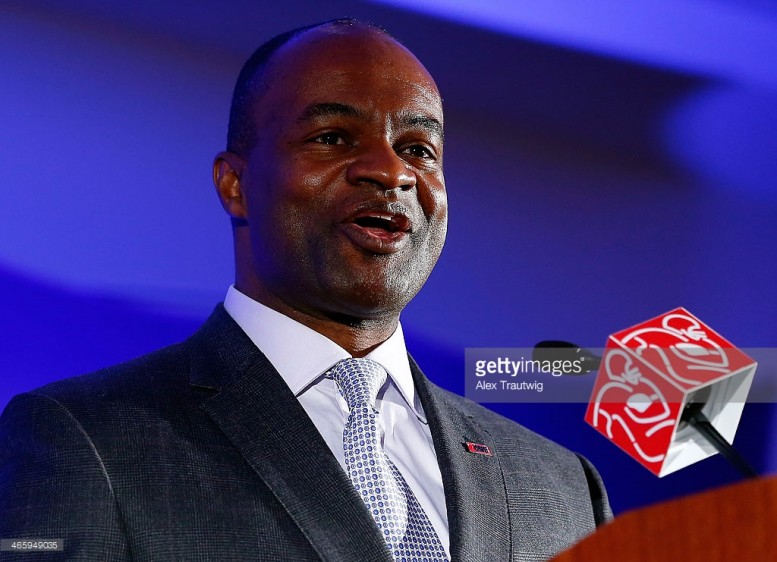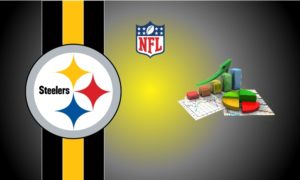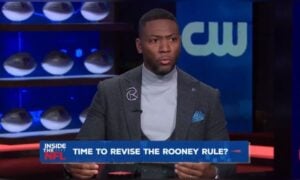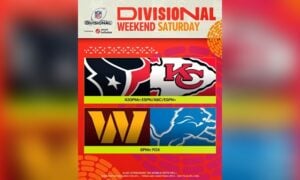One of the central topics of the early portions of this offseason has been, and understandably, so, the state of the Collective Bargaining Agreement between the NFL and the NFL Players Association. As it stands, the union body is set to vote on a new CBA proposal in the coming weeks. Put simply, either it will be implemented if the players pass it, or it won’t be if they don’t. It only requires a simple majority.
The league owners are hungry to get this deal passed, and now. They have even pre-approved their side of the deal, and have even attempted to threaten to suspend negotiations if the union does not approve what is currently on the table.
A large number of prominent players, many of them player representatives for their respective teams, have come out very vocally opposed to the deal, which among other things expands the regular season from 16 games to 17, previously a no-go zone for players. It still is for many.
NFL player agent Andrew Brandt believes the union has failed to exercise its due power within the negotiations, and that fears of what will happen if the union does not accept the current deal right now are misplaced.
After all, the league has made if very clear that they want to get a deal done. It is very much in their interests as much as it is in the players’ interests. Between both sides, nobody wants one thing in this deal more than the owners want extra games. And the second-most on the list is for the owners to simply have a deal done that they can then take to their broadcasting partners to negotiate lucrative new television contracts.
And so we have the league owners far more motivated and desperate to get things done, yet the NFLPA has gotten comparatively little in gains, outside of what Brandt calls “easy gives” on the league’s part, such as easing on marijuana suspensions and reducing padded practices. The owners don’t care about practices. The coaches do, and they’re not a party to the negotiations.
Brandt argues that, with the league making the 17-game schedule non-negotiable, the union should have stepped up to have its own non-negotiable issue. He suggested a 50/50 revenue split, which as he points out is what existed between the NFL and the NFLPA prior to the 2011 CBA that reduced the split to 53/47. The current proposal would only bring it up to 48.5 at a maximum.
Another issue Brandt had with the current deal is the length, which if passes would essentially run for 11 years. if this weren’t such a great deal for the owners, why would they want it to last for 11 years? the 2006 CBA included an opt-out that the league exercised that led to the 2011 CBA, which included much more favorable terms for themselves under a new 10-year agreement that the players have been complaining about since.
If the players pass this deal, those who last will be spending the next 11 years complaining about it. And perhaps we’ll have the same story a decade from now, unless the union body is actually able to take a stand, rather than succumbing to the fears of a theoretical work stoppage, that nobody wants, some 19 months hence.








